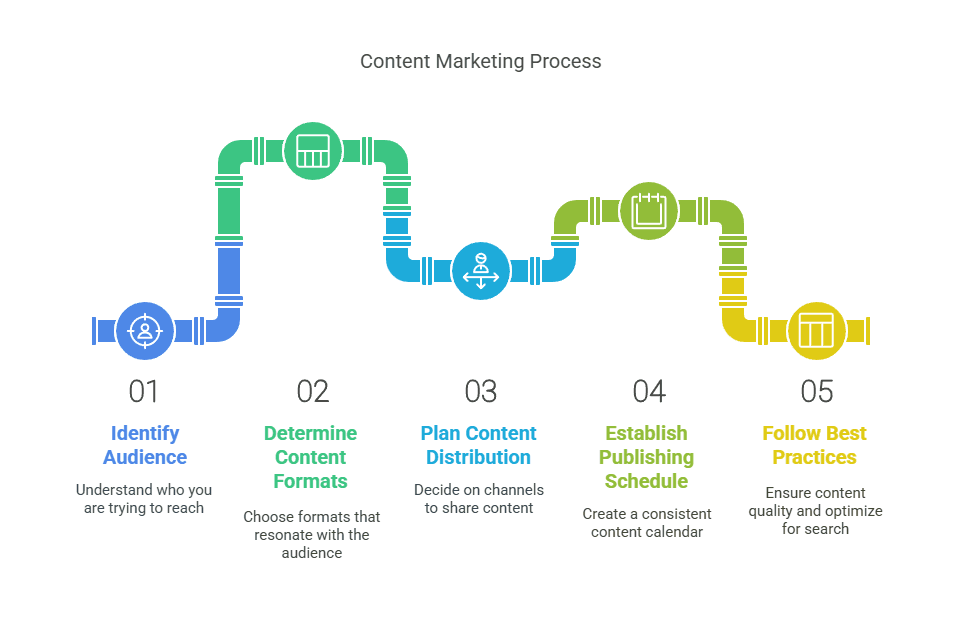Content marketing definition: What is content marketing?
Content marketing is a strategic approach focused on creating and distributing valuable, relevant, and consistent content to attract and retain a clearly defined audience and, ultimately, drive profitable customer action. Instead of directly pitching your products or services, you provide relevant and valuable content to your prospects and customers to help them solve their issues.
Content marketing differs from traditional advertising because it doesn't interrupt consumers as they go about their day. With traditional marketing, consumers are barraged with advertisements when they read, watch TV, drive, or listen to the radio. Content marketing, on the other hand, offers something that potential customers genuinely find helpful. Content marketing is about pulling customers in rather than pushing a message at them.
According to the Content Marketing Institute, 80% of content marketers report that their goal is creating brand awareness. Their second and third priorities are to build credibility and trust (72%) and educate their audience (68%).
As Michael Brenner states, "Content marketing is more than a buzzword. It is the hottest trend in marketing because it is the biggest gap between what buyers want and brands produce."






